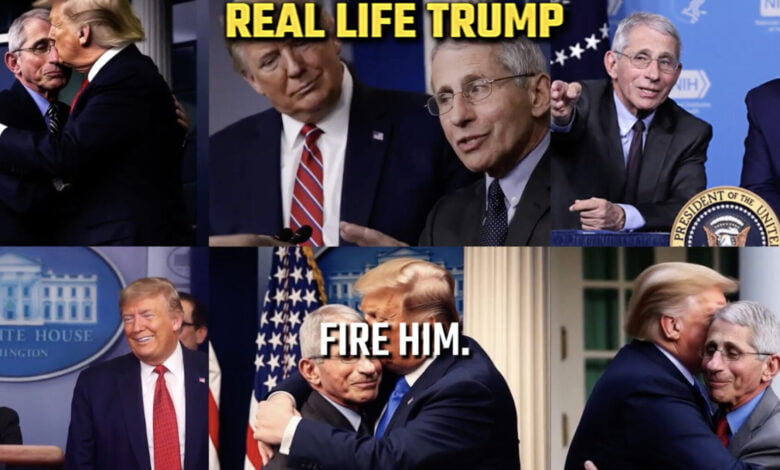Quick Reads
Quick Read: Real-Life Scenarios and Examples of Deepfakes

Deepfake technology has already made significant impacts in various spheres of life. This section explores concrete examples across politics, entertainment, and personal life, illustrating both the potential and perils of this technology.
A. Politics
1. Manipulated Videos of Politicians
- In 2018, a Belgian political party created a deepfake video of then-US President Donald Trump, appearing to give a speech urging Belgium to withdraw from the Paris climate agreement. Although intended as a provocative statement about disinformation, it demonstrated the potential for political manipulation.
- In 2020, a deepfake video of Indian politician Manoj Tiwari went viral, showing him speaking in different languages to criticize a political opponent. This incident raised concerns about the impact of deepfakes on election integrity.
2. Impact on Elections and Public Opinion
- The potential for deepfakes to sway elections has become a major concern. In 2019, the U.S. Senate Intelligence Committee warned that deepfakes could be used by foreign powers to interfere with elections.
- A study by MIT found that exposure to deepfake videos can change people’s memories of past events, highlighting the technology’s potential to reshape public opinion.
B. Entertainment
1. Deepfake Actors in Films
- In 2019, the film “The Irishman” used de-aging technology (a precursor to deepfakes) to make actors appear younger, showcasing the potential of AI in filmmaking.
- Lucasfilm has used deepfake-like technology to recreate younger versions of actors in the Star Wars franchise, including a young Luke Skywalker in “The Mandalorian.”
2. Posthumous Appearances of Celebrities
- A deepfake of Anthony Bourdain’s voice was used in the 2021 documentary “Roadrunner,” sparking ethical debates about the use of AI to recreate deceased individuals’ likenesses.
- In 2019, a deepfake commercial featuring a digitally resurrected James Dean was announced, though later canceled due to backlash.
C. Personal Life
1. Revenge Porn and Non-Consensual Intimate Imagery
- In 2019, DeepNude, an app that used AI to “undress” women in photos, was shut down shortly after launch due to ethical concerns and potential for abuse.
- A study by Sensity AI in 2019 found that 96% of deepfake videos online were non-consensual pornography, predominantly targeting women.
2. Identity Theft and Fraud
- In 2019, criminals used AI-generated audio to impersonate a CEO’s voice, successfully stealing $243,000 from a UK-based energy company.
- The FBI warned in 2021 about an increase in cases where deepfakes and stolen personally identifiable information were used to apply for remote work positions.
These examples demonstrate the wide-ranging impact of deepfake technology across various sectors of society. They highlight both the creative potential and the serious ethical, legal, and social challenges posed by the technology’s rapid advancement and increasing accessibility.
This post is part of the “Quick read” series: The Rise of Deepfakes: When Seeing is No Longer Believing
Read in the same series:
- Deepfakes Creation Tools
- Real-Life Scenarios and Examples of Deepfakes
- Impacts of Deepfakes on Communities and Individuals
- Countermeasures and Detection of Deepfakes
- The Future of Deepfakes
Topics
Deepfake Technology in Politics
90%
Manipulated Videos of Politicians
85%
Deepfake Technology in Personal Life
85%
Impact on Elections and Public Opinion
80%
Revenge Porn and Non-Consensual Intimate Imagery
80%
Deepfake Technology in Entertainment
75%
Identity Theft and Fraud
75%
Deepfake Actors in Films
70%
Posthumous Appearances of Celebrities
65%